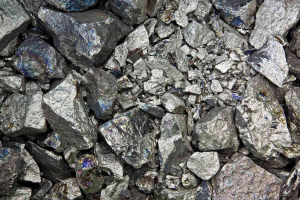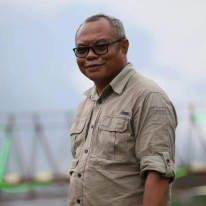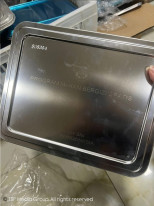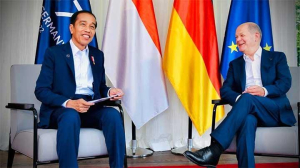Indonesia wins at WTO, EU must “adjust Palm Oil policy”
Indonesia has secured a victory in an international trade dispute at the World Trade Organization (WTO) after the WTO Dispute Settlement Body (DSB) adopted the final report on case DS593 concerning the European Union’s (EU) policies on palm oil and palm oil-based biofuels.
In the report, which was published on January 20, 2025, the WTO Panel confirmed that the EU's policies were discriminatory against palm oil-based biofuels from Indonesia compared to similar products produced in the EU, such as rapeseed and sunflower oil.
Furthermore, the Panel found that the EU had failed to properly review the data used to classify biofuels under the high indirect land-use change (high ILUC-risk) category and had shortcomings in the formulation and implementation of low ILUC-risk certification criteria under the Renewable Energy Directive (RED) II.
“Referring to the Panel’s recommendations, the EU must adjust its policies to comply with WTO agreements. The predictability and fairness of trade practices in the multilateral trade system have been upheld. Therefore, Indonesia proposed that the DSB adopt the Panel report,” Deputy Indonesian Permanent Representative to the UN, WTO, and other International Organizations, Ambassador Nur Rachman Setyoko, said as quoted in a statement on Tuesday, February 25, 2025.
Throughout the panel process, Indonesia presented various claims and evidence that strengthened its argument that the EU’s measures were inconsistent with WTO rules. Indonesia successfully demonstrated that the EU’s rationale related to climate change, biodiversity, and moral protection lacked a strong basis for the policies imposed on palm oil and palm oil-based biodiesel.
"Indonesia is ready for constructive dialogue with the EU to reach a positive resolution through the implementation process within an agreed timeframe. We will closely monitor the implementation and push for swift compliance,” Setyoko said.
This decision has received support from Russia, Brazil, and St. Vincent and the Grenadines, representing the African, Caribbean, and Pacific group. They expressed concerns about trade restrictions that often target commodities from developing countries under the pretext of environmental protection.
With this decision, Indonesia has successfully defended its trade rights on the international stage and ensured that trade policies operate fairly in accordance with WTO regulations. The Indonesian government will continue to oversee the implementation of this ruling to ensure the EU complies with the dispute settlement outcome.
Tag
Already have an account? Sign In
-
Start reading
Freemium
-
Monthly Subscription
20% OFF$29.75
$37.19/MonthCancel anytime
This offer is open to all new subscribers!
Subscribe now -
Yearly Subscription
33% OFF$228.13
$340.5/YearCancel anytime
This offer is open to all new subscribers!
Subscribe now







